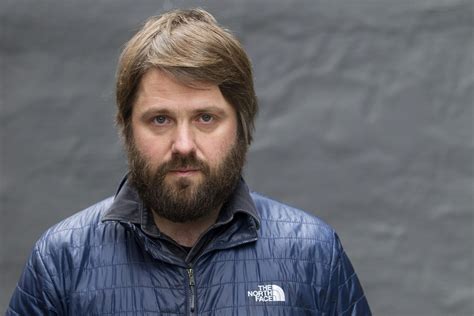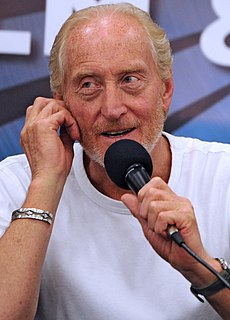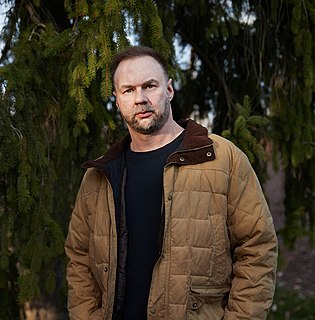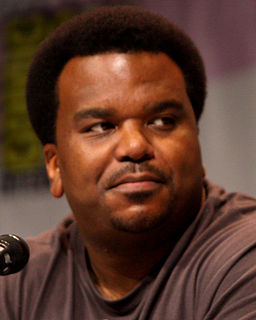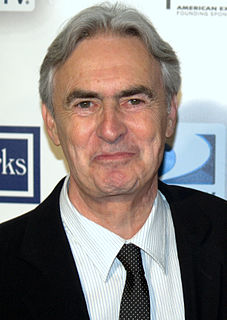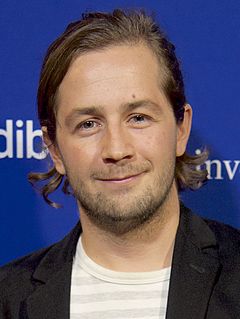A Quote by Paul Greengrass
With a franchise movie, it's got to turn the wheels of the industry, and the studio has to have them. So you start with a release date. They say we're going to make a new 'Bourne' film, and it comes out summer of X. Then they start on a script, and invariably, the script is not ready in time.
Related Quotes
When you start out as an actor, you read a script thinking of it at its best. But that's not usually the case in general, and usually what you have to do is you have to read a script and think of it at its worst. You read it going, "OK, how bad could this be?" first and foremost. You cannot make a good film out of a bad script. You can make a bad film out of a good script, but you can't make a good film out of a bad script.
When you try to be true to the script, changes occur. A script is there to show us a certain direction. But when you actually have the actors in and you start shooting the movie, you have the actor say a line and it doesn't sound right so you change it and make it different. It's the script that gives birth to these changes and the more you try to stay true to the script, the more that happens.
All directors make films in individual ways. But the classical kind of view of filmmaking is that you have a script, and it's very linear. There's a script, then you're going to shoot the script ,and then you cut that, and then that's the end of the film. And that's never really been how I've seen it.
I have a shoebox: for ideas, fragments, snatches of conversation I hear. I scrawl it down, throw the scraps in the box. Every time I start a new script I start picking through the pieces. Suddenly you get five pieces together and think: this is almost the first Act of a movie, if I flesh it out a bit.
With a good script a good director can produce a masterpiece; with the same script a mediocre director can make a passable film. But with a bad script even a good director can’t possibly make a good film. For truly cinematic expression, the camera and the microphone must be able to cross both fire and water. That is what makes a real movie. The script must be something that has the power to do this.
When I start on a film I always have a number of ideas about my project. Then one of them begins to germinate, to sprout, and it is this, which I take and work with. My films come from my need to say a particular thing at a particular time. The beginning of any film for me is this need to express something. It is to make it nurture and grow that I write my script- it is directing it that makes my tree blossom and bear fruit.
After the first one [Twilight Saga movie], as soon as people start referring to something as a franchise. A franchise is a Burger King or a Subway. It's not a movie. The people who start to say it are generally the people who are making money off of it. That's how they refer to it. They love it when something has become a franchise. But, as an actor, I think it's scary.




